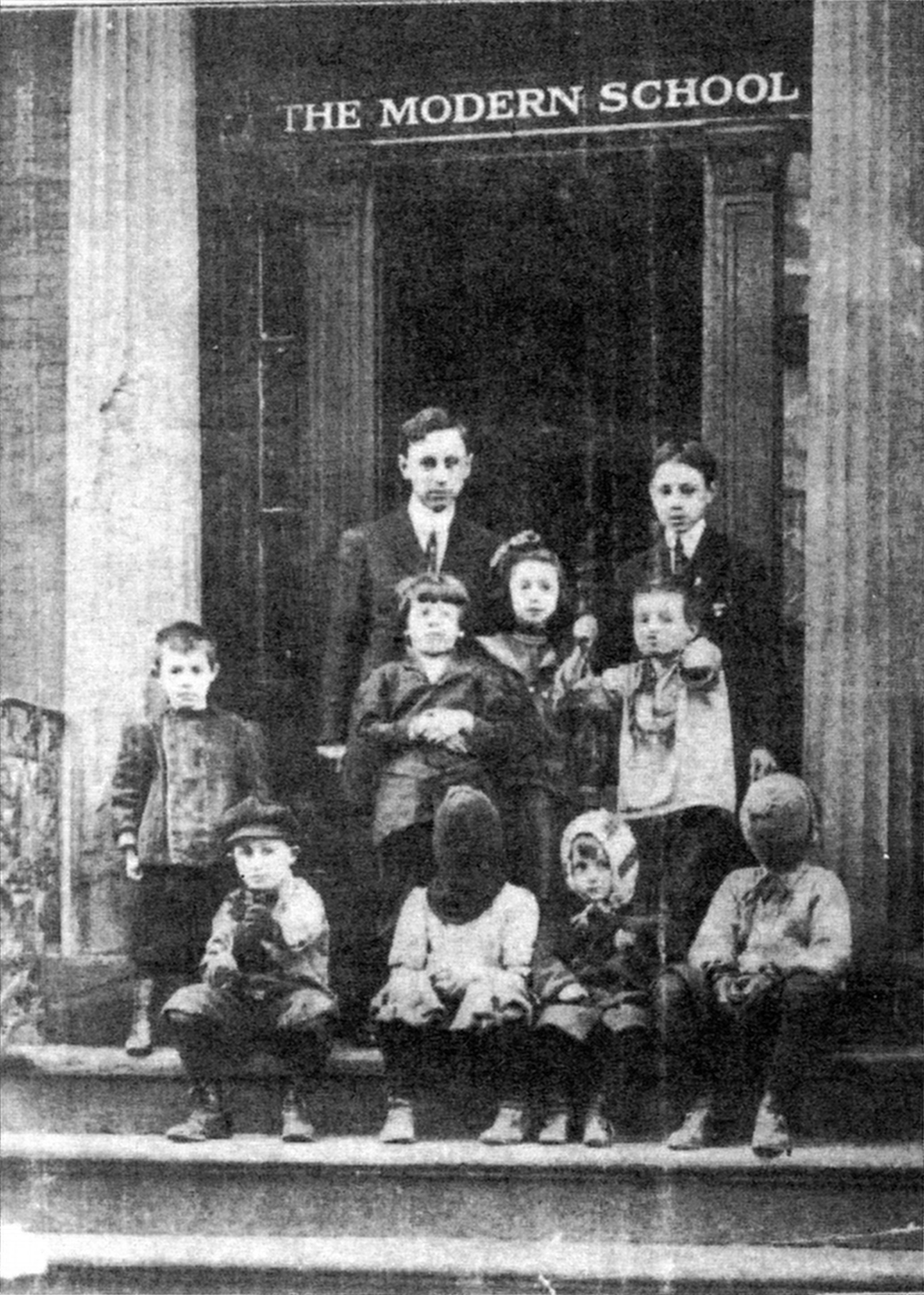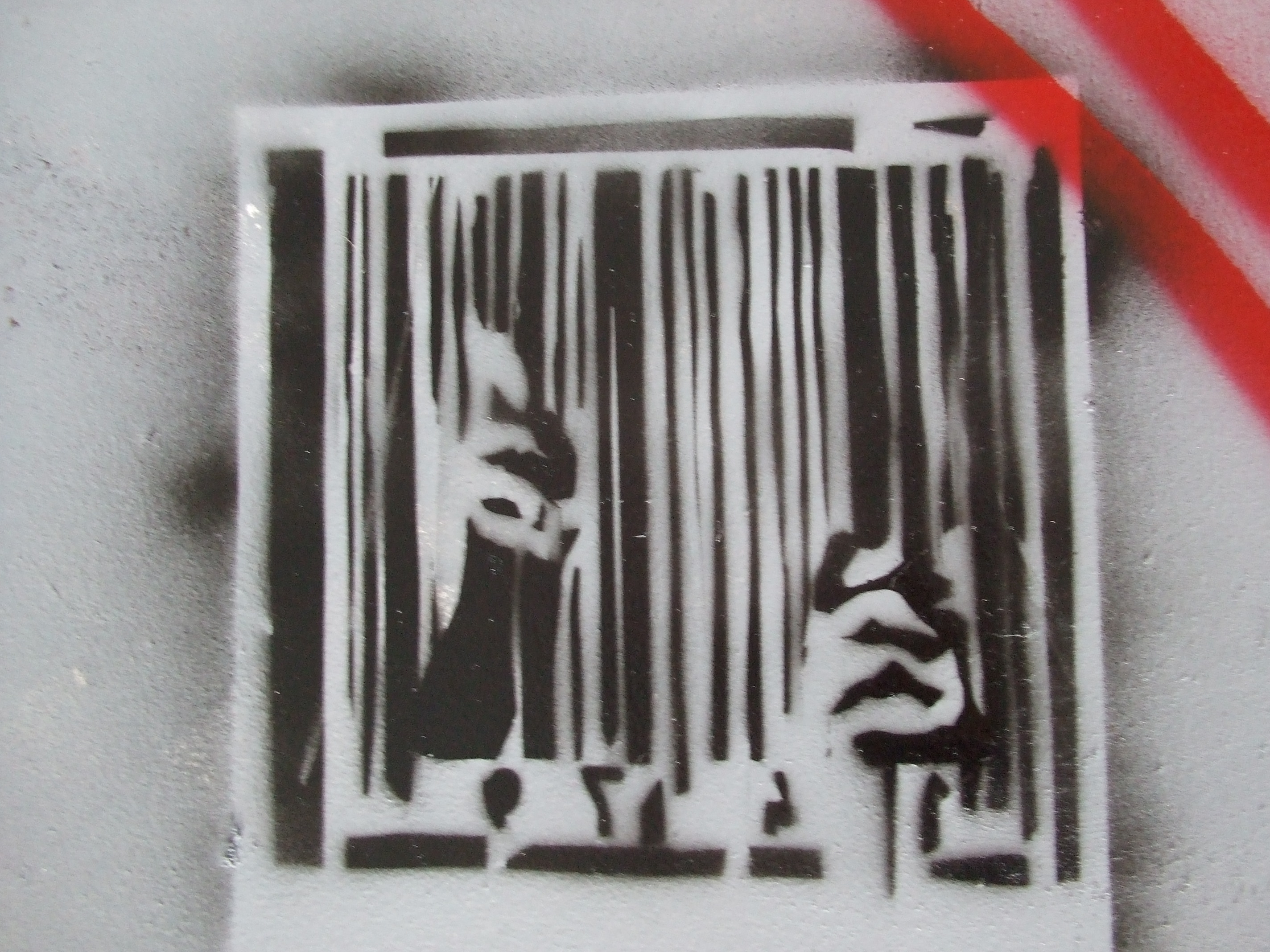|
Yomango
Yomango (In Spanish slang, "yo mango" means "I steal") is a shoplifting movement that originated in Barcelona (Spain) in 2002. It is billed as an anti-consumer lifestyle. It gained publicity when clothes were stolen from a store, put on and worn back to the store in a "fashion show". Some people claim that it is intended to be a parody of the Mango clothing line popular in Europe. However, Yomango consider themselves as an informal community aimed at diffusing practices of social disobedience. The kind of shoplifting promoted by Yomango may even be a tactics of direct re-appropriation and redistribution of wealth. Yomango is connected with the European movement against labor and social instability. See also * Illegalism * Individual reclamation External links Yomango-Team website(Spanish) Yomango website(Spanish) * Gregory G. Sholette. (October 2003) ''Journal of Aesthetics and Protest'' (1: 2). * Robert Andrews (25 August 2005)"Shoplifting as social commentary" ''Wired ... [...More Info...] [...Related Items...] OR: [Wikipedia] [Google] [Baidu] |
Shoplifting
Shoplifting is the theft of goods from an open retail establishment, typically by concealing a store item on one's person, in pockets, under clothes or in a bag, and leaving the store without paying. With clothing, shoplifters may put on items from the store and leave the store wearing the clothes. The terms ''shoplifting'' and ''shoplifter'' are not usually defined in law. The crime of shoplifting generally falls under the legal classification of larceny. Shoplifting is distinct from burglary (theft by breaking into a closed store), robbery (stealing by threatening or engaging in violent behavior), or armed robbery (stealing by using a weapon). In the retail industry, the word '' shrinkage'' (or ''shrink'') can be used to refer to merchandise lost by shoplifting, but the word also includes loss by other means, such as waste, uninsured damage to products and theft by store employees. Shoplifters range from amateurs acting on impulse, to career criminals who habitually engage ... [...More Info...] [...Related Items...] OR: [Wikipedia] [Google] [Baidu] |
Slang
Slang is vocabulary (words, phrases, and linguistic usages) of an informal register, common in spoken conversation but avoided in formal writing. It also sometimes refers to the language generally exclusive to the members of particular in-groups in order to establish group identity, exclude outsiders, or both. The word itself came about in the 18th century and has been defined in multiple ways since its conception. Etymology of the word ''slang'' In its earliest attested use (1756), the word ''slang'' referred to the vocabulary of "low" or "disreputable" people. By the early nineteenth century, it was no longer exclusively associated with disreputable people, but continued to be applied to usages below the level of standard educated speech. In Scots dialect it meant "talk, chat, gossip", as used by Aberdeen poet William Scott in 1832: "The slang gaed on aboot their war'ly care." In northern English dialect it meant "impertinence, abusive language". The origin of the word is ... [...More Info...] [...Related Items...] OR: [Wikipedia] [Google] [Baidu] |
Barcelona
Barcelona ( , , ) is a city on the coast of northeastern Spain. It is the capital and largest city of the autonomous community of Catalonia, as well as the second most populous municipality of Spain. With a population of 1.6 million within city limits,Barcelona: Población por municipios y sexo – Instituto Nacional de Estadística. (National Statistics Institute) its urban area extends to numerous neighbouring municipalities within the and is home to around 4.8 million people, making it the [...More Info...] [...Related Items...] OR: [Wikipedia] [Google] [Baidu] |
Spain
, image_flag = Bandera de España.svg , image_coat = Escudo de España (mazonado).svg , national_motto = ''Plus ultra'' (Latin)(English: "Further Beyond") , national_anthem = (English: "Royal March") , image_map = , map_caption = , image_map2 = , capital = Madrid , coordinates = , largest_city = Madrid , languages_type = Official language , languages = Spanish language, Spanish , ethnic_groups = , ethnic_groups_year = , ethnic_groups_ref = , religion = , religion_ref = , religion_year = 2020 , demonym = , government_type = Unitary state, Unitary Parliamentary system, parliamentary constitutional monarchy , leader_title1 = Monarchy of Spain, Monarch , leader_name1 = Felipe VI , leader_title2 = Prime Minister of Spain ... [...More Info...] [...Related Items...] OR: [Wikipedia] [Google] [Baidu] |
Anti-consumerism
Anti-consumerism is a sociopolitical ideology that is opposed to consumerism, the continual buying and consuming of material possessions. Anti-consumerism is concerned with the private actions of business corporations in pursuit of financial and economic goals at the expense of the public welfare, especially in matters of environmental protection, social stratification, and ethics in the governing of a society. In politics, anti-consumerism overlaps with environmental activism, anti-globalization, and animal-rights activism; moreover, a conceptual variation of anti-consumerism is ''post-consumerism'', living in a material way that transcends consumerism. Anti-consumerism arose in response to the problems caused by the long-term mistreatment of human consumers and of the animals consumed, and from the incorporation of consumer education to school curricula; examples of anti-consumerism are the book ''No Logo'' (2000) by Naomi Klein, and documentary films such as '' The Corporatio ... [...More Info...] [...Related Items...] OR: [Wikipedia] [Google] [Baidu] |
Mango (clothing)
Punto Fa, S.L., trading as Mango, is a Spanish clothing design and manufacturing company, founded in Barcelona, Spain by brothers Isak Andic and Nahman Andic. It designs, manufactures and markets women's and men's clothing and accessories. History Mango was founded by Sephardic Jewish immigrants from Turkey, Isak Andic and his brother Nahman Andic, in 1984. Mango's website was created in 1995, and in 2000, opened its first online store. H. E. by Mango is a men's line created in 2008, and renamed Mango Man in 2014. Football player Zinedine Zidane helped advertise Mango Man. Mango has over 16,000 employees, 1,850 of whom work at the Hangar Design Centre and at its headquarters in Palau Solità i Plegamans, Barcelona. Mango's biggest market is Spain but Istanbul, Turkey, has the largest number of Mango stores. From Fall 2011, Kate Moss was Mango's muse. She first appeared in a video featuring Terry Richardson who shot the campaign and directed the commercial. Moss was replac ... [...More Info...] [...Related Items...] OR: [Wikipedia] [Google] [Baidu] |
Individual Reclamation
The following is a list of terms specific to anarchists. Anarchism is a political and social movement which advocates voluntary association in opposition to authoritarianism and hierarchy. __NOTOC__ A :The negation of rule or "government by none". While "anarchy" refers to the absence of a hierarchical society-organizing ''power principle'', "acracy" refers to the absence of ''coercion''; the condition of acracy is one of voluntary order. Derived from the Greek α- oand κρατία ystem of government :A form of organic organization according to which different parts of an organization are temporarily assembled to meet the requirements of that particular point in time. :A small non-hierarchical collective of activists who collaborate on direct action via consensus decision-making. :Coined by Ernst Jünger, this refers to the ruler (i.e. individual) in a state of anarchy analogous to the monarch in a state of monarchy, a conception influenced by Max Stirner's notion of the ... [...More Info...] [...Related Items...] OR: [Wikipedia] [Google] [Baidu] |
Illegalism
Illegalism is a tendency of anarchism that developed primarily in France, Italy, Belgium and Switzerland during the late 1890s and early 1900s as an outgrowth of individualist anarchism. Illegalists embrace crime, criminality either openly or secretly as a lifestyle. Illegalism does not specify the type of crime, though it is associated with theft and shoplifting. As left-wing anarchists, the illegalists strongly oppose wage labour and Market (economics), markets. Some anarchists, like Clément Duval and Marius Jacob, justified theft with theories of individual reclamation (''la reprise individuelle'') and propaganda of the deed and saw their crime as an educational and organizational tool to facilitate a broader resistance movement. Others, such as Jules Bonnot and the Bonnot Gang, saw their actions in terms of egoist anarchism and referred to the philosophy of Max Stirner. Influenced by theorist Max Stirner, Max Stirner's Egoist anarchism, egoism, some illegalists in France b ... [...More Info...] [...Related Items...] OR: [Wikipedia] [Google] [Baidu] |
Individual Reclamation
The following is a list of terms specific to anarchists. Anarchism is a political and social movement which advocates voluntary association in opposition to authoritarianism and hierarchy. __NOTOC__ A :The negation of rule or "government by none". While "anarchy" refers to the absence of a hierarchical society-organizing ''power principle'', "acracy" refers to the absence of ''coercion''; the condition of acracy is one of voluntary order. Derived from the Greek α- oand κρατία ystem of government :A form of organic organization according to which different parts of an organization are temporarily assembled to meet the requirements of that particular point in time. :A small non-hierarchical collective of activists who collaborate on direct action via consensus decision-making. :Coined by Ernst Jünger, this refers to the ruler (i.e. individual) in a state of anarchy analogous to the monarch in a state of monarchy, a conception influenced by Max Stirner's notion of the ... [...More Info...] [...Related Items...] OR: [Wikipedia] [Google] [Baidu] |
Robert Andrews (journalist)
Robert Andrews may refer to: *Rob Andrews (baseball) (born 1952), Major League Baseball second baseman *Rob Andrews (born 1957), New Jersey politician *Robert Andrews (translator) (1723–1766), English Dissenter, minister, poet and translator of Virgil * Robert Andrews (landowner) (1725–1806), subject of a painting by Thomas Gainsborough * Robert Andrews (clergyman) (1748–1804), American clergyman, professor and Virginia politician * Robert Andrews (civil servant) (died 1821), British government official, Resident and Superintendent of British Ceylon (1796–1798) * Robert Andrews (architect) (1857-1928), American architect *Robert Andrews (actor) (1895–1976), British actor *Robert Hardy Andrews (1903–1976), American novelist, screenwriter and radio drama script–writer * Robert Wilson Andrews (1837–1922), Hawaii-born artist and engineer *Robby Andrews (born 1991), American athlete See also * Bob Andrews (other) *Robert Andrew (other) Robert Andrew may ... [...More Info...] [...Related Items...] OR: [Wikipedia] [Google] [Baidu] |
Wired (magazine)
''Wired'' (stylized as ''WIRED'') is a monthly American magazine, published in print and online editions, that focuses on how emerging technologies affect culture, the economy, and politics. Owned by Condé Nast, it is headquartered in San Francisco, California, and has been in publication since March/April 1993. Several spin-offs have been launched, including '' Wired UK'', ''Wired Italia'', ''Wired Japan'', and ''Wired Germany''. From its beginning, the strongest influence on the magazine's editorial outlook came from founding editor and publisher Louis Rossetto. With founding creative director John Plunkett, Rossetto in 1991 assembled a 12-page prototype, nearly all of whose ideas were realized in the magazine's first several issues. In its earliest colophons, ''Wired'' credited Canadian media theorist Marshall McLuhan as its "patron saint". ''Wired'' went on to chronicle the evolution of digital technology and its impact on society. ''Wired'' quickly became recognized ... [...More Info...] [...Related Items...] OR: [Wikipedia] [Google] [Baidu] |
Anti-consumerist Groups
Anti-consumerism is a sociopolitical ideology that is opposed to consumerism, the continual buying and consuming of material possessions. Anti-consumerism is concerned with the private actions of business corporations in pursuit of financial and economic goals at the expense of the public welfare, especially in matters of environmental protection, social stratification, and ethics in the governing of a society. In politics, anti-consumerism overlaps with environmental activism, anti-globalization, and animal-rights activism; moreover, a conceptual variation of anti-consumerism is ''post-consumerism'', living in a material way that transcends consumerism. Anti-consumerism arose in response to the problems caused by the long-term mistreatment of human consumers and of the animals consumed, and from the incorporation of consumer education to school curricula; examples of anti-consumerism are the book ''No Logo'' (2000) by Naomi Klein, and documentary films such as '' The Corporatio ... [...More Info...] [...Related Items...] OR: [Wikipedia] [Google] [Baidu] |







